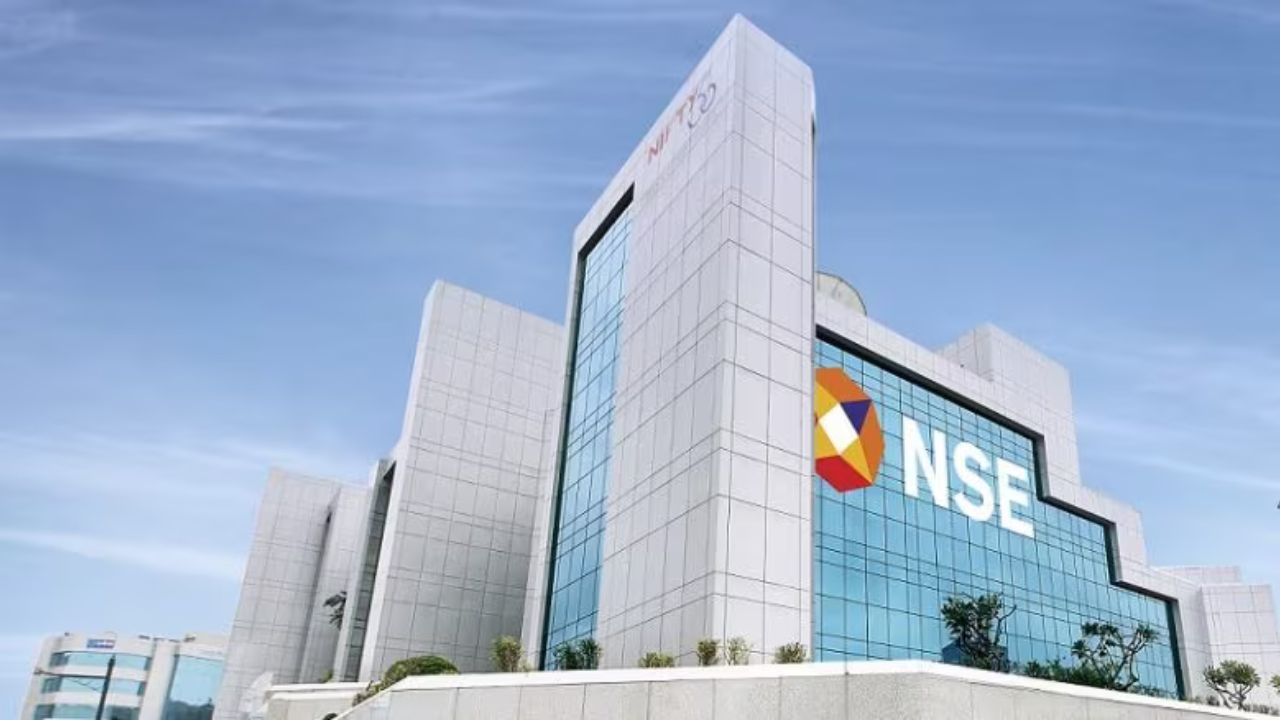The National Stock Exchange of India (NSE) is on the verge of surpassing the Stock Exchange of Hong Kong in market capitalization, making it the world’s Fourth-largest trading venue. As of October, NSE’s market capitalization stood at $3.7 trillion, trailing closely behind Hong Kong’s $3.9 trillion, according to a report by the Financial Times. Analysts attribute this growth to the optimism surrounding India’s economic prospects.
Investors’ confidence in India has been buoyed by the performance of the Nifty 50 index, which has witnessed an 8.1% rise over the past month, reaching record highs. In contrast, Hong Kong’s Hang Seng index fell by 6.7% during the same period. The struggles of the Hong Kong economy to recover from shocks experienced between 2019 and 2022 have contributed to its $4 trillion stock market facing liquidity issues, with trading volumes plummeting and foreign investors withdrawing.
One key factor in India’s favor is the divergence between Indian and Chinese stock indices over the past three years. While China’s indices have generally been downward, India’s indices have been on a consistent upward trajectory. This shift has been attributed to India’s robust economic fundamentals, drawing global investors seeking alternatives to the uncertainties surrounding the Chinese market.
Analysts point to India’s strong consumption trends as a major attraction for investors. Increased spending on property, luxury items, and higher-end goods by affluent Indians, coupled with growing government capital expenditure on infrastructure, has fueled optimism in the Indian market. Luxury housing, in particular, has experienced an unprecedented surge in demand, with a 24% increase in the average price of luxury housing units in 2023 compared to 2018.
Political stability in India, reinforced by the recent electoral victories of Prime Minister Narendra Modi’s Bharatiya Janata Party (BJP), has further bolstered investor confidence. Political stability is a crucial factor influencing stock market performance, as it reduces uncertainty and enhances the overall investment climate.
Foreign investors are increasingly turning to India as a viable investment destination, seeking alternatives to China. The “China-plus-one” strategy, where companies diversify their supply chains away from China, has played a role in India’s attractiveness. Global brands such as Apple and Tesla are examples of companies looking to capitalize on India’s potential. Apple’s decision to manufacture iPhone batteries in India and Tesla’s discussions with the Indian government about establishing an electric car factory highlights India’s emergence as a strong parallel offshore manufacturing hub.
Despite occasional market corrections, prominent investor Mark Mobius of Mobius Capital Partners remains optimistic about India’s economic landscape, citing the country’s excellent shape in terms of companies and infrastructure. The International Monetary Fund (IMF) projects India to grow at 6.3% in both 2023 and 2024, making it one of the few countries globally with sustainable high GDP growth.
In conclusion, India’s NSE closing in on surpassing Hong Kong’s market capitalization is a testament to the growing confidence in India’s economic outlook. With a stable political environment, strong consumption trends, and increasing foreign investments, India is positioned as an attractive destination for global investors looking for alternatives amid shifting global dynamics.

